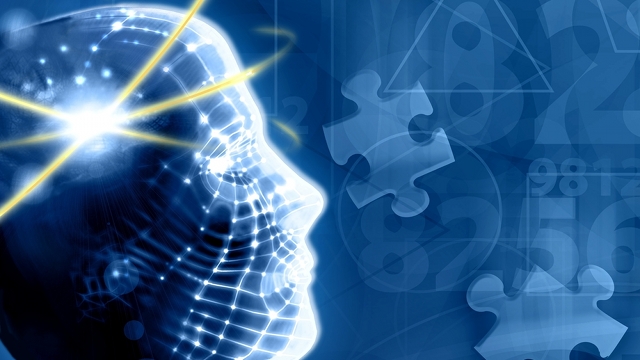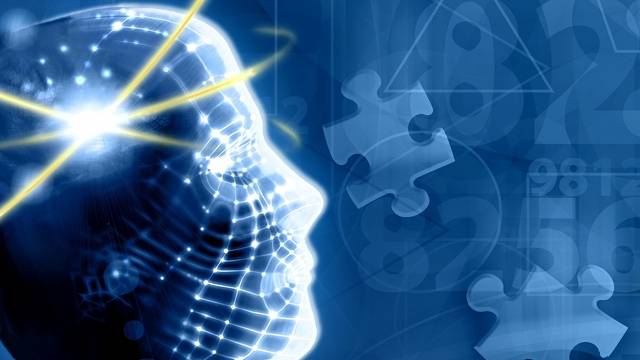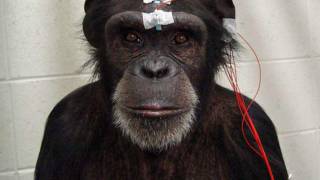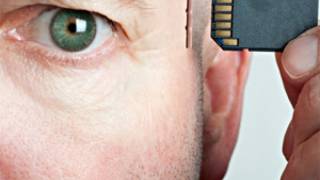How will we build an artificial human brain?
Source: io9.com
There’s an ongoing debate among neuroscientists, cognitive scientists, and even philosophers as to whether or not we could ever construct or reverse engineer the human brain. Some suggest it’s not possible, others argue about the best way to do it, and still others have already begun working on it.
Image: io9.com
Regardless, it’s fair to say that ongoing breakthroughs in brain science are steadily paving the way to the day when an artificial brain can be constructed from scratch. And if we assume that cognitive functionalism holds true as a theory — the idea that our brains are a kind of computer — there are two very promising approaches worth pursuing.
Interestingly, the two approaches come from two relatively different disciplines: cognitive science and neuroscience. One side wants to build a brain with code, while the other wants to recreate all the brain’s important functions by emulating it on a computer. It’s anyone’s guess at this point in time as to who will succeed and get there first, if either of them.
Before we take a deeper look into these two approaches, however, it’s worth reviewing what our friend Alan Turing had to say about brains.
The Church-Turing Hypothesis
Given that scientists are looking to model the human brain in digital substrate (i.e. a computer), they’re having to work in accordance to a rather fundamental assumption: computational functionalism. This goes back to the Church-Turing thesis which states that a Turing machine can emulate any other Turing machine. Essentially, this means that every physically computable function can be computed by a Turing machine. And if brain activity is regarded as a function that is physically computed by brains, then it should be possible to compute it on a Turing machine, namely a computer.
So, if you believe that there’s something mystical or vital about human cognition you’re probably not going to put too much credence into these two approaches.
Or, if you believe that there’s something inherently unique about intelligence that can’t be translated into the digital realm, you’ve got your work cut out for you to explain what that is exactly — keeping in mind that any informational process is computational, including those brought about by electrical and chemical reactions. Minds are what brains do, so it’s not too implausible to suggest that minds are what computers can do, too.
Rules-based artificial intelligence
One very promising strategy for building brains is the rules-based approach. The basic idea is that scientists don’t need to mimic the human brain in its entirety. Instead, they just have to figure out how the "software" parts of the brain work; they need to figure out the algorithms of intelligence and the ways that they’re intricately intertwined. Consequently, it’s this approach that excites the cognitive scientists.
Some computer theorists insist that the rules-based approach will get us to the brain-making finish line first. Ben Goertzel is one such theorist. His basic argument is that other approaches over-complicate and muddle the issue. He likens the approach to building airplanes: we didn’t have to reverse engineer the bird to learn how to fly.
Essentially, cognitive scientists like Goertzel are confident that the hard-coding of artificial general intelligence (AGI) is a more elegant and direct approach. It’ll simply be a matter of identifying and developing the requisite algorithms sufficient for the emergence of the traits they’re looking for in an AGI. They define intelligence in this context as the ability to detect patterns in the world, including in itself.
[...]
Read the full article at: io9.com
Video from: YouTube.com
Also tune into:
Jim Elvidge - The Singularity Will Not Occur, Programmed Reality & Infomania
Jim Elvidge - The Singularity, Nanobot’s & Reality Simulation
Kevin Warwick - Artificial Intelligence & The Rise of the Machines in 2020
Aaron Franz - The Philosophical Roots of Transhumanism
Marcia Schafer - Extraterrestrials, Artificial Intelligence & Cosmological Society






















